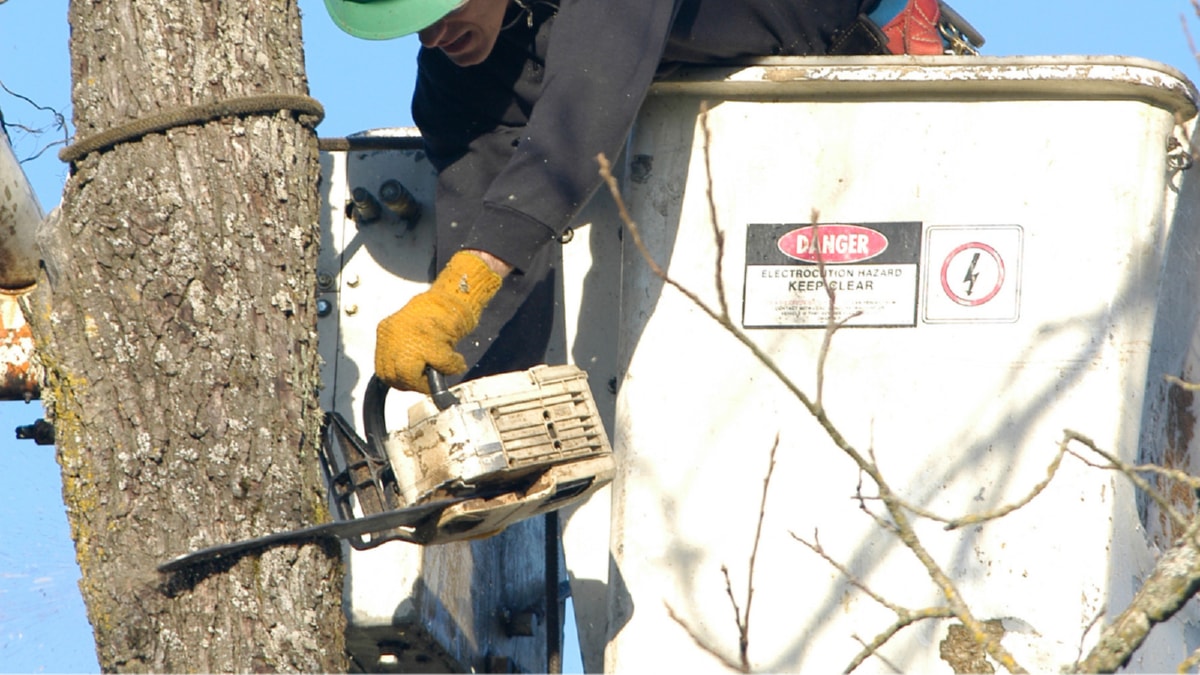Managing a construction project is no small feat. It requires a blend of leadership, technical know-how, and strategic planning. Whether you’re overseeing a small home renovation or a large-scale industrial project, there are key strategies to consider for ensuring the project runs smoothly and successfully. This article offers a comprehensive guide to efficient construction project management.
First and foremost, correct planning is the backbone of any construction project. It involves detailing every aspect of the project, including scope, schedule, and budget. A well-thought-out plan provides a roadmap for the entire team, ensuring everyone is on the same page and reducing the risk of costly mistakes and delays. It’s important to revisit and update the plan regularly to accommodate any changes or unexpected challenges that may arise during the construction process.
Another key aspect of successful construction project management is efficient communication. This includes not only communication within your team but also with clients, suppliers, and any other stakeholders involved in the project. Regular meetings and clear reporting can help to keep everyone informed about the project’s progress, prevent misunderstandings, and facilitate quick resolution of any issues that may come up.
The use of modern technology also plays a critical role in managing construction projects. Today’s technologies, such as construction management software, can simplify many aspects of the project, from planning and scheduling to budgeting and resource allocation. These tools can also improve communication and collaboration among team members, making it easier to share information and stay updated on the project’s status.
Quality control is another essential element in efficient construction project management. Regular inspections and audits should be conducted to ensure that all work meets the project’s quality standards and regulatory requirements. This not only ensures a safer and more durable final product, but also reduces the risk of costly rework and delays.
Finally, effective risk management is critical in construction projects. This involves identifying potential risks and developing strategies to mitigate them. Risks can range from safety hazards to scheduling conflicts and budget overruns. By anticipating these risks and planning accordingly, you can ensure that your project stays on track and within budget.
In conclusion, successful construction project management involves a multidisciplinary approach, combining strategic planning, effective communication, technology use, quality control, and risk management. By mastering these areas, you can ensure that your construction projects are completed on time, within budget, and to the highest quality standards. It’s a challenging role, but with the right skills and strategies, it can be a rewarding one.
.
For more details, check best exterior step and stair rebuild and replace service or visit their business listing here.



